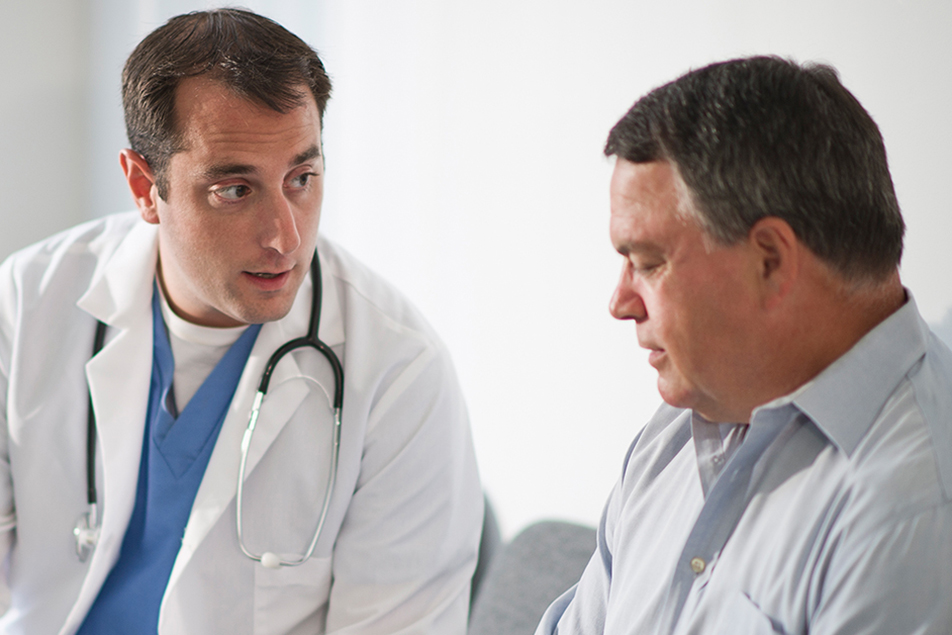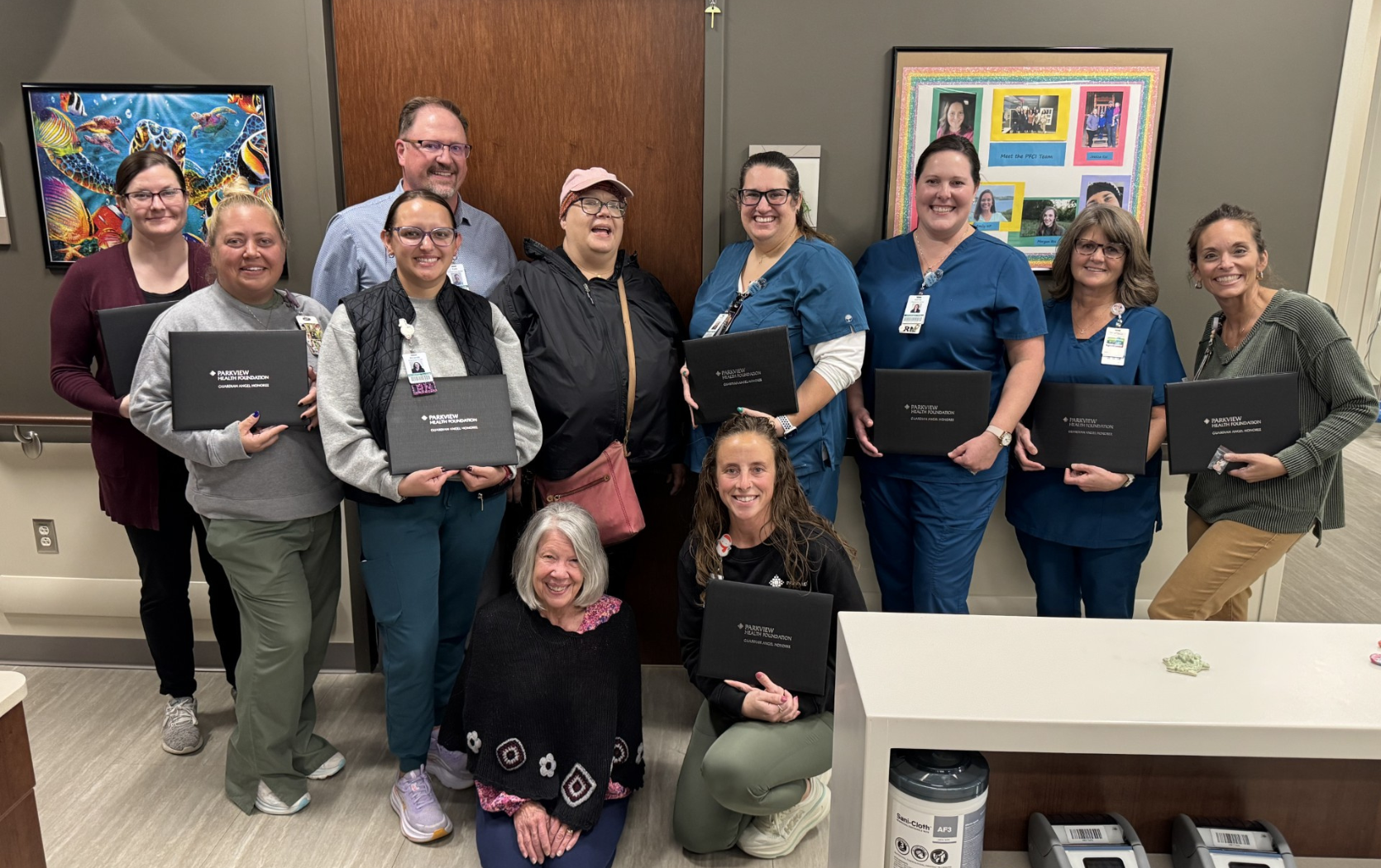Dr. Kanuru on …
Incidence.
The likelihood of developing colorectal cancer dramatically increases after age of 50. That’s why starting screening at the age of 50 is important. It allows us to detect the cancer at an early stage and remove the polyps. Though colon cancer tends to occur more as we get older, we are seeing a greater incidence of colon cancer occurring in people in their 30s and 40s, so if someone has concerning symptoms, they should have a colonoscopy. In addition, those with a primary relative diagnosed with colon cancer before the age of 60 have a higher risk for colon cancer and need to a colonoscopy done earlier than age 50. Lastly, there are certain colorectal cancer syndromes where people may not have colon cancer in their family but have seemingly unrelated cancers. These families actually have a genetic predisposition to having a higher risk of colon cancer. This is why it is really important to know your family history and discuss it with your doctor.
Prevention.
The best prevention is to start screening early, particularly using colonoscopy as a screening tool. Colonoscopy is the only screening method that decreases the risk of colon cancer by removing precancerous polyps. Besides screening, how we treat our bodies and what we put in them plays a large role in our risk of colon cancer. Smoking and regular alcohol use increase the risk of colon cancer. Exercising and eating a healthy diet high in fiber and vegetables are simple, effective protective measures.
Screening.
Screening involves either stool tests or colonoscopy. While some stool tests can help detect large polyps, they are not ideal. Colonoscopy is the only screening test that actually prevents colon cancer.
In terms of the frequency, it really depends on the screening method. Stool tests range from every year to every three years. Colonoscopy is every 10 years unless you are at high risk for colon cancer or a precancerous polyp is found during the colonoscopy. If precancerous polyps are found, your doctor will talk to you about when you should have your next colonoscopy based on the size, number and type of polyps found.
Colon cancer is very treatable, but the key is identifying it early. The more it has progressed, the worse the outcome. Because catching it early is so important I stress it is important to start screening for colon cancer at the age of 50 for those with average risk, and even younger for those at higher risk.
The most important thing to know is that screening saves lives. Choosing any screening method is really important because all screening methods can help diagnose colon cancer at an early stage. I would recommend colonoscopy if someone is willing, as it is the only screening method that reduces the risk of colon cancer in the future.




